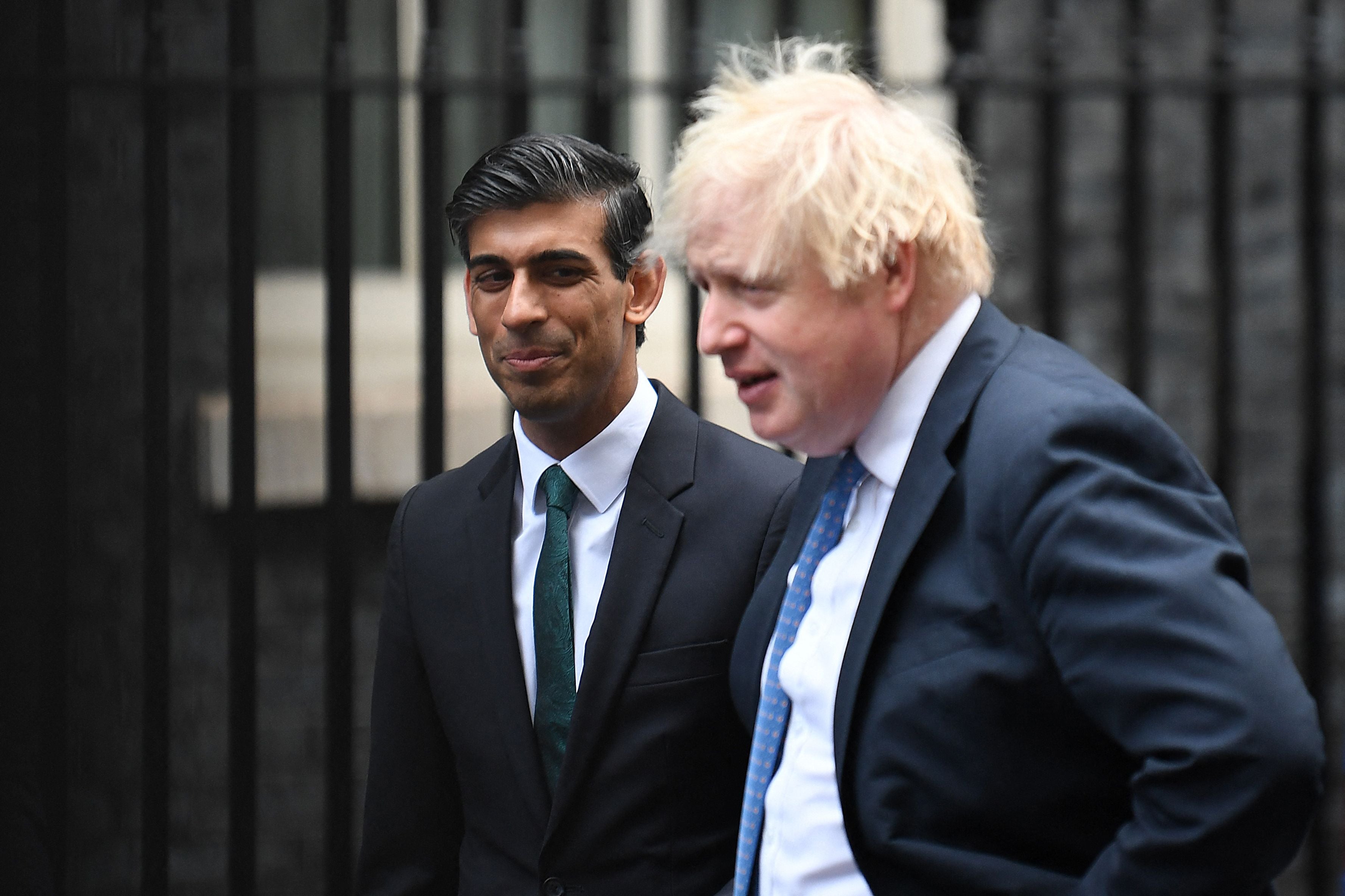Are the Tories set for big local elections losses over the cost of living crisis?
Soaring bills and rising prices are causing fear and anger across the country. Adam Forrest takes a closer look at whether voters will take it out on the party in power


There are some huge national political issues for voters to consider at next month’s local elections: the Partygate scandal, the government’s response to the Ukraine war, and the Sunak family’s dizzyingly complex tax arrangements.
But crippling living costs will surely be at the very front of people’s minds come 5 May. Britons are getting whacked by soaring energy bills, rising food costs and a national insurance hike, and many could opt to punish the party in power.
How big a factor will Britain’s cost of living crisis prove to be? Some 45 per cent of Britons think reducing living costs should be a priority for the government, a recent Kantar poll found – making it the top concern ahead of the NHS and housing issues.
Tory MPs were spooked by a recent poll suggesting that they are now viewed as the party of high taxation. The Savanta ComRes survey found 39 per cent considered the Tories a “high tax” party, while only 27 per cent saw Labour the same way.
Worse still for the party, the public are more likely to trust the Labour to reduce their cost of living (40 per cent) than the Conservatives (26 per cent), according to a recent Ipsos Mori poll.
“The public are not happy about the rising costs and tax rises, and they will be less happy in a month’s time,” says one senior Tory figure, still angry at Rishi Sunak’s failure to drop the national insurance hike and offer more support at his spring statement.
However, polling guru Lord Hayward is not convinced that soaring bills will dominate at the ballot box. The Tory peer says the electorate is particularly “fluid” at the moment, and a lot depends on what is dominating the headlines in the week running up to 5 May.
“There is a perception that the spring statement was a disaster, but if you look at opinion polling in the last two weeks it doesn’t appear to have had an impact. The polls have been roughly static, with a narrow Labour lead,” he tells The Independent.
Whether living costs will dominate, or whether Labour can make more hay with Partygate, there is certainly plenty for Keir Starmer’s to play for at the start of next month.
In England, there are elections in 33 metropolitan borough councils, 21 unitary authorities and 60 district councils – plus the 32 London boroughs. Thousands more seats are up for grabs in councils in Scotland and Wales.
Labour is expecting to make solid gains in London, hoping it can take control of the Tory-held boroughs of Westminster and Wandsworth, and possibly even Barnet. But it is vital for Starmer to show Labour is winning back voters in the Midlands and north of England.
Lord Hayward says Labour will be looking for a significant shift in the vote share in those red-wall areas, compared to last year’s poor local election showing, as evidence they are ready to mount a serious challenge at the next general election.
“Labour will be looking to gain lost ground red wall areas, going back to 2018 and 2019 [local election] positions. Both parties will be looking at vote share changes in those areas,” says the elections expert.
Tory strategists are hoping they can minimise the damage, and even gain ground in some places – talking up their chances of taking control of Sunderland city council.
So what kinds of stories could shift the dial decisively over the next few weeks? Could the ongoing controversy over the tax arrangements of the chancellor and his wife make a real difference?
More details about Sunak’s family wealth won’t help Conservative activists trying to fend off Labour sloganeering about “one rule for them, another for the rest of us”.
But voters may be too worried about their own bank balances to think much about Sunak’s finances.
As those grim gas and electricity bills begin to drop through letterboxes, and supermarket prices creep up day by day, the political parties have the unenviable job of convincing increasingly scared and angry voters they that are on their side.






Join our commenting forum
Join thought-provoking conversations, follow other Independent readers and see their replies
Comments